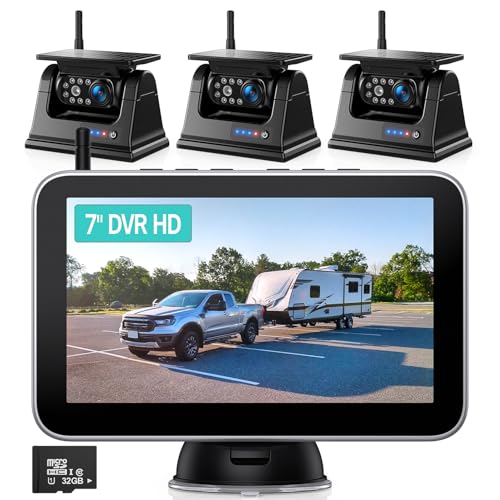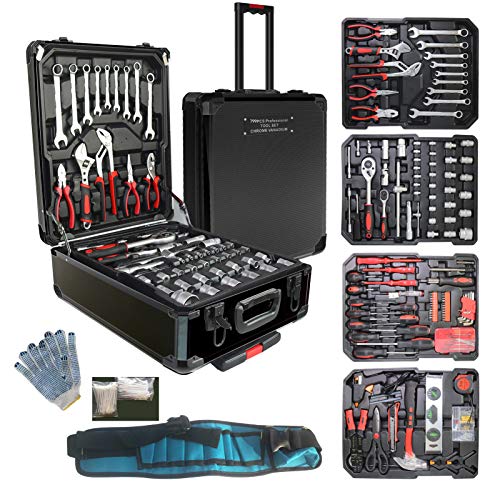Found this @
http://forums.trailerlife.com/index.cfm/fuseaction/thread/tid/24783532/print/true.cfm
Ministry of Consumer Services
777 Bay Street. 5th Floor
Toronto ON M7A 2J3
Tel: (416) 326-2826
Fax: (416) 325-6192
February 7, 2011
Dear Mr. Spence,
Thank you for your email regarding propane tanks associated with recreational motor homes (RVs).
As you are aware, the Technical Standards and Safety Authority (TSSA) is responsible for the administration and enforcement of the Technical Standards and Safety Act, 2000 (the Act) and its regulations on behalf of the province of Ontario. The TSSA is responsible for all aspects of day-to-day regulatory service delivery for the industries that are subject to the Act.
The role of the ministry is to set the appropriate safety standards through regulations under the Act and to monitor the performance of the TSSA to ensure that it is meeting its regulatory responsibilities.
The propane regulation (0. Reg. 211/01) requires that any vehicle fuelled by propane shall have a sticker attached to the windshield stating the word "Propane" and the expiry date upon which the vehicle cannot be fuelled. A passing inspection of the propane system would allow for a new sticker that would be
valid for 5 years. However, the propane fuelled motor homes that have a permanent mounted tank (as opposed to a portable cylinder) that fuels only the appliances would not have a sticker. RV owners need to have a document issued by a propane technician stating that the tank has been inspected and found safe for use for the next 5 years (a 5-year inspection is required on the tank). More information about the Act and its regulations can be found online at
www.e-Iaws.gov.on.ca.
With regards to information on propane refill and inspection sites, you can find this information on TSSA's website (
www.tssa.org) under 'Find A Contractor'. Please note that the directory is updated periodically and, as a result, status changes in the preceding period are not reflected online until the directory is revised. For the most up-to-date registered contractor information, please contact TSSA's Contact Centre toll-free at 1-877-682-8772.
Again, thank you for writing.
Sincerely,
Rosalind Lerman
Director, Sector Liaison Branch
Then found this,
http://www.ontario.ca/laws/regulation/010211?search=211/01
Operation of an appliance or work
18. (1) No distributor shall supply propane to a container that is connected to an appliance or work unless the distributor is satisfied that the installation and use of the appliance or work complies with the Act and this Regulation and,
(a) unless the distributor has inspected the appliance or work at least once within the previous 10 years; or
(b) unless the distributor has inspected the appliance or work in accordance with a quality assurance inspection program. O. Reg. 211/01, s. 18 (1).
(2) A distributor shall prepare a report of every inspection made under subsection (1) and shall retain the report until the next inspection and report are completed. O. Reg. 211/01, s. 18 (2).
(3)
This section does not apply to propane vehicles, industrial vehicles or to appliances on highway vehicles or recreational vehicles. O. Reg. 211/01, s. 18 (3).













































































